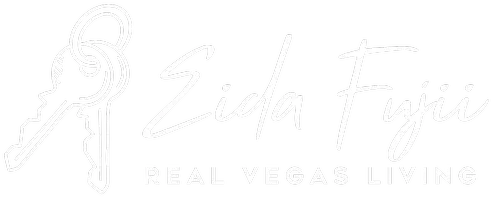Mortgage Calculator
Mortgage Help
Down Payment
The typical rule of thumb is to pay 20 percent of the home's price as your down payment, although some mortgage loans require as little as 3.5 percent down. Your down payment reduces the total amount of your mortgage loan, so the more money you put down, the lower your payments will be - or the more expensive a house you can buy.
Loan Term
Your loan program can affect your interest rate and monthly payments. Choose from 30-year fixed, 15-year fixed, and more in the calculator.
Loan Type
There are several types of mortgage loans, but the most commonly used are fixed-rate and adjustable-rate loans. Fixed-rate loans have the same interest rate for the entire duration of the loan. That means your monthly payment will be the same, even for long-term loans, such as 30-year fixed-rate mortgages. Two benefits to this loan type are stability, and being able to calculate your total interest up front. Adjustable-rate mortgages (ARMs) have interest rates that can change over time. Typically they start out at a lower interest rate than a fixed-rate loan, and hold that rate for a set number of years, before changing interest rates from year to year. For example, if you have a 5/1 ARM, you will have the same interest rate for the first 5 years, and then your interest rate will change from year to year. The main benefit of an adjustable-rate loan is starting off with a lower interest rate.
Interest Rate
This field is pre-filled with the current average mortgage rate. Your actual rate will vary based on factors like credit score and down payment.
Property Tax Rate
The mortgage payment calculator includes estimated property taxes based on the home's value. You can edit this in the advanced options.
Home Insurance
Home insurance or homeowners insurance is typically required by lenders, depending on the loan program. You can edit this number in the mortgage calculator advanced options.
HOA Fees
A homeowners association fee (HOA fee) is an amount of money that must be paid monthly by owners of certain types of residential properties, and HOAs collect these fees to assist with maintaining and improving properties in the association.




